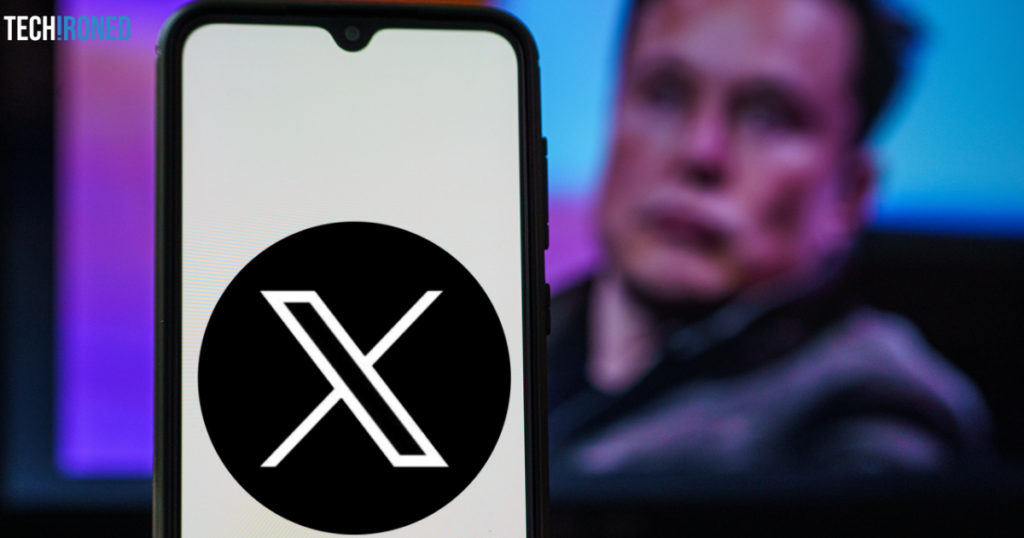Discover the specifics and significance of Elon Musk’s failed lawsuit against hate speech scholars. A federal court rejected a lawsuit by Elon Musk’s X Corp. against the organization Center for Countering Digital Hate (CCDH), marking an important legal decision. X Corp., the old name of Twitter filed the case, alleging that CCDH researchers had inappropriately compiled public tweets in violation of the website’s terms of service.
Table of Contents
Judge’s Verdict about Protecting Free Speech
Judge Charles Breyer of the U.S. District Court determined that the lawsuit’s main goal was to penalize CCDH for its speech rather than to resolve any technical infractions. In her ruling, Judge Breyer stressed the defense of CCDH’s First Amendment rights and stated that X Corp. aimed to stifle criticism.
Social Media Giants Under Scrutiny
Since Elon Musk acquired Twitter in 2022, X Corp. has been under fire for how it has handled hate speech and false information. The NGO CCDH has been leading the front in exposing these problems, pointing out a worrisome increase in extremist and hateful content on websites like Facebook, TikTok, and X.
A Billionaire’s “Hypocritical Campaign”
The CEO of CCDH, Imran Ahmed, called the action a “hypocritical campaign of harassment” directed by Elon Musk, who claims to support free speech yet uses the legal system to silence his detractors. In addition to arguing for government legislation to hold social media corporations responsible for their social effect, Ahmed emphasized the significance of openness in digital operations.
Advertiser Exodus and Legal Battles
Amid criticism of the platform’s handling of hate speech and advertising boycotts, X Corp. filed lawsuits against Media Matters and CCDH. Big sponsors of X, such as IBM and NBCUniversal, stopped funding the show once it was shown that their advertisements were associated with extremist material. Due to legal disputes between advocacy organizations and Musk’s platform, doubts have been raised over the company’s dedication to removing offensive information.
Conclusion
Finally, the researchers’ Elon Musk’s failed lawsuit against hate speech highlights the difficulties and complications involved in policing internet content. The case filed by X Corp. was dismissed, which establishes a standard for protecting free expression from attempts to stifle criticism. It emphasizes how crucial independent research is to holding social media companies responsible for spreading false information and hate speech. There is a growing need for openness and accountability due to the impact that internet firms have on public debate.
- Don’t Forget more News and Research articles at
- https://techironed.com/
